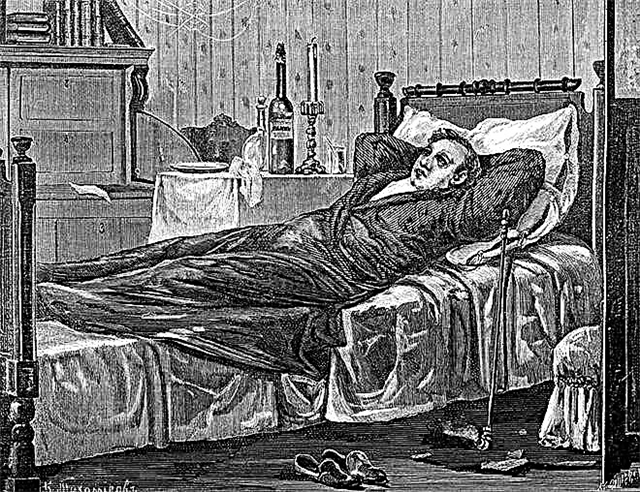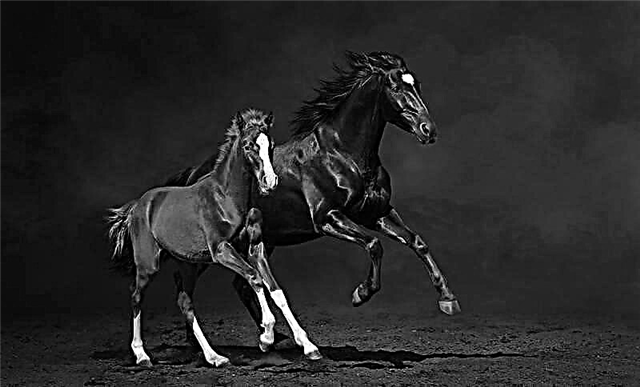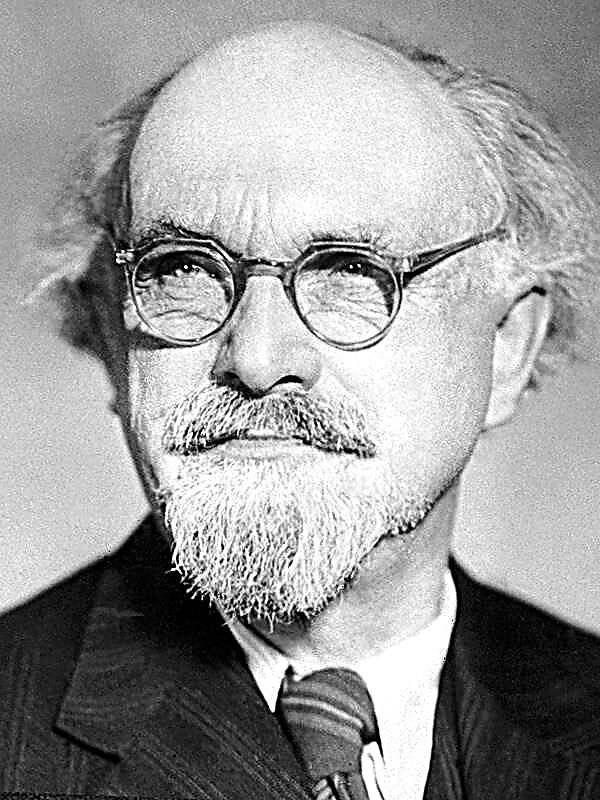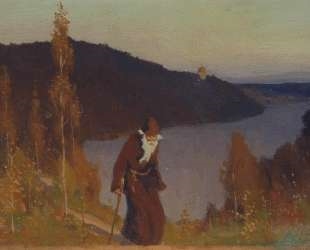In his work “Taras Bulba”, the author highlighted the theme of the unity of the people and the individual for the sake of common goals. For centuries, they prevented the Cossacks from living, killing and driving them into slavery, occupying their territory.
Of course, one can also condemn the Cossacks, who unjustly kill peaceful women and children, or who vehemently and unreasonably hate Jews.
The work has both realistic and romantic characters. It abundantly shows and surroundly illuminates and exposes the life of people of that era — Cossacks, their traditions, customs, and features of the Cossack way of life.
However, exploits go down in history, and attention is paid to ideas that contain the high patriotic meaning of the whole story of Nikolai Gogol.
If we consider the images of the sons of Taras, we see that their life and life are not clear to the modern reader. However, this does not prevent us from seeing that they live in love for their homeland, taking seriously and firmly the concepts of duty, courage and honor, fidelity.
And looking at their father, it becomes clear that the protagonist was a real hero. His image is legendary. Although, he remembered those who fought for the freedom of the homeland from intervention.
Also in the character of Taras is very strong devotion to the common interests and deeds for which he, in essence, lives. He turned out to be a very vital and ambiguous character who loved his sons and comrades, mourned for the eldest, executed, and killed the youngest, who had changed his common goal, longed for revenge for the enemies, being mercilessly cruel to them.
Taras is more a colonel, a strategist, than a family man and father. Loving, he does not spare his children, sending them to the Zaporizhzhya Sich, realizing that they can die there. Bulba is a true patriot of his land. He never loses the meaning of life, even when left alone, after the death of his wife and children.
The moral basis for the old Cossack was a kinship in spirit, not blood. So he lived.
Now we should focus on the image of the wife of Taras. This is a brave and courageous woman who is patient and selfless, she is faithful to her sometimes cruel and rude husband, loving her land and her children.
When she meets her sons after a long separation, she spends only one day with them. After spending them the next day forever - for she knew that life in a war was worthless and could end unpredictably.
Ostap is the eldest son of Taras. He gets home after the end of the bursa with his younger brother Andriy. Ostap is easily trained in military craft, quickly gaining authority among the Cossacks, fearlessly behaving in battles, showing restraint and composure. In many ways, he is similar to Taras: demanding of himself, persistent, patriot of his land, he quickly mastered in Sich. Ostap has unbending willpower, he withstands the execution with dignity, dies a martyr's death.
If we dwell on the image of the youngest son, then we can see that this is a sensual and cunning character, whose resourcefulness allows him to get out of adversity without problems. He is also very capable - everything is surprisingly easy for him. With his immense cunning, however, he is uncontrollably brave. But his homeland, he considers those places that excite his feelings.
This character is shown most fully from different angles. In his life, an important role is played by love for the beautiful Polish girl, who pushes him to betrayal and ultimately leads to death. But still, the author pities this hero, finding him, even the dead, beautiful. Andriy lives more with feelings than with reason, and does things under the influence of emotions.
It was his author who put him in a very difficult life situation when it is difficult, and even impossible, to make a worthy and right choice.
The story is valuable in that it truthfully speaks of the struggle of the Cossacks for their people, the independence of their native land and faith. The main idea of the whole work is that there is no force that could triumph over a people who stood up for a just cause to defend justice and life. The work is imbued with a patriotic meaning, the ideas of the unity of the Cossacks in battles with external enemies.



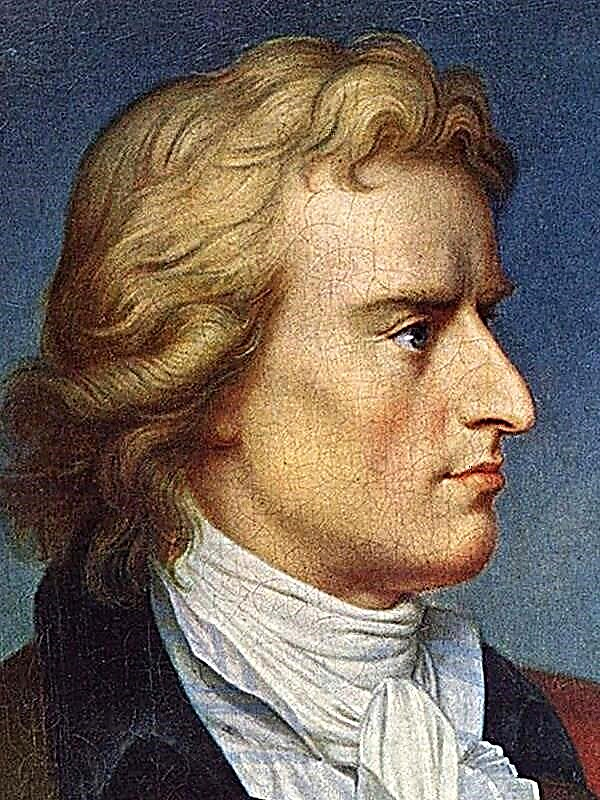


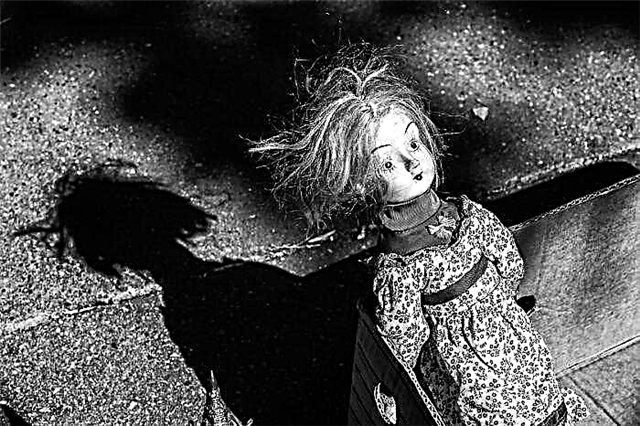
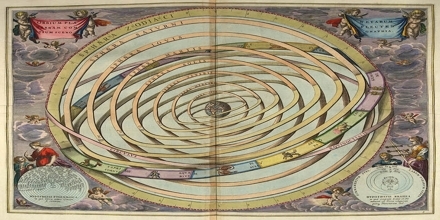
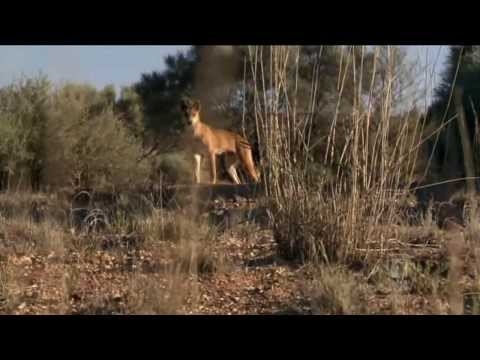 Wild dog dingo
Wild dog dingo